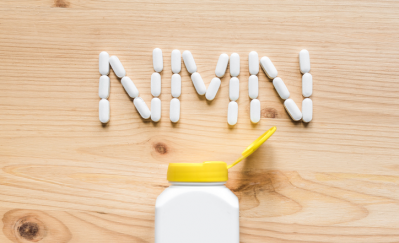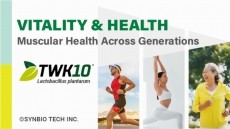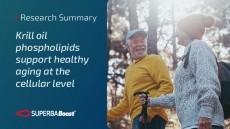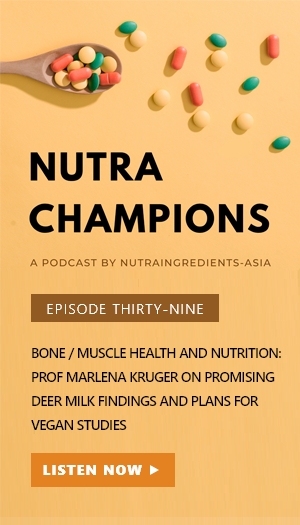'High base' impact: BYHEALTH’s Q1 sales suffer from lower demand for immune health products
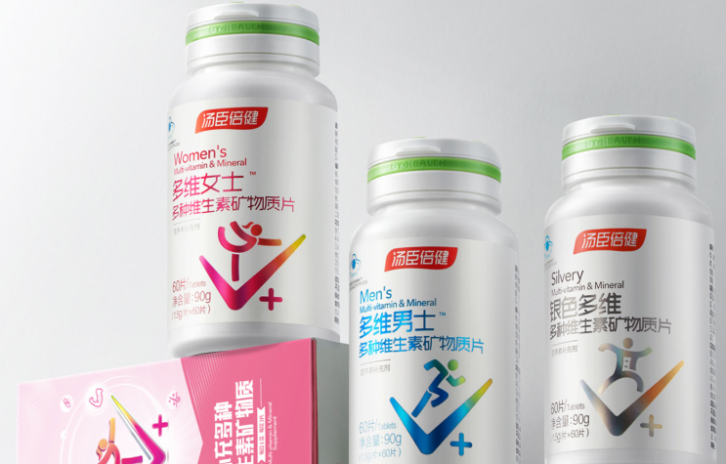
In January to March this year, BYHEALTH said its operating revenue had shrunk 14.87 per cent yoy to RMB$2.65 billion (US$365.54m) in its announcement in end April.
Demand for immune supporting products had come down from the spike last year, the company explained.
“As compared to the same period last year, where immune supporting related products were seeing strong market demand, the company’s revenue in year 2024 Q1 had shown a certain degree of decline from the high base recorded last year.”
Its same name protein powder brand BYHEALTH saw a boost in popularity in the thick of COVID-19 as the Chinese authorities had encouraged the consumption of protein for supporting the body’s immunity.
In its FY23 results, sales of BYHEALTH protein powder had surged 21.45 per cent yoy to RMB$54bn (US$750m).
However, the tide had turned early this year, as sales from this segment had dropped 17.74 per cent to RMB$15.45bn (US$213m).
The decline was uniform across its other flagship brands.
Its joint care supplement, KeyLid for example, also saw sales lowered by 2.06 per cent to RMB$3.73bn (US$51.5m)
Probiotic brand Lifespace reported one of the biggest declines as sales in mainland China dipped 29.48 per cent to RMB$1.2bn (US$1.66m).
Overseas, Lifespace’s revenue was also 5.08 per cent lower than last year to RMB$2.54bn (US$34.95 m).
While sales from offline channels was down 7.55 per cent to RMB$17.22bn (US$237.87m), those coming from online sales revenue had nosedived by 26.53 per cent to RMB$9.09bn (US$125.56m).
The subdued demand for supplements in Q1 had dragged down the company’s net profit attributable to shareholders by 29.43 per cent to RMB$726.56m (US$100.36m).
Another reason for the lower revenue, BYHEALTH said, was due to increased investment in promotional activities, the company added.
It said that year 2024 was the start of its new three-year plan, where it would focus on strengthening its technology and brand strategies in launching new scientifically backed products.
Heart health takes precedence?
The drop in health supplements purchase in China was also reported by digital commerce agency TMO Group. At the same time, heart health supplements have become the largest in market share as of February this year.
In its latest China Health Supplements Market data pack published in March, it said that sales of overseas health supplements on Alibaba platforms was also lower as compared to the month before. The data consists of online sales within mainland China and cross-border e-commerce.
“The total sales revenue of overseas health supplements on Alibaba’s platforms in February 2024 reached approximately RMB$801 million (US$110.65m), which showcased a slight decrease compared to the previous month,” said the report. In January, the sales were approximately RMB$1.02 billion (US$140.23m).
Alibaba platforms include Taobao, Tmall, Tmall Global, and Tmall Supermarket.
According to the data, heart health supplements took up the biggest market share at 18.30 per cent as of February 2024, while beauty-from-within and comprehensive nutrient supplements both ranked number two with market shares of 13.37 per cent.
Immune health related products, in contrast, only recorded a market share of 2.86 per cent – ranking behind bone and joint, digestive, probiotics, weight loss, eye health, endocrine health, and sports nutrition.
However, it still ranked higher than anti-ageing and sleep management which had market shares of 2.22 per cent and 2.17 per cent respectively.


